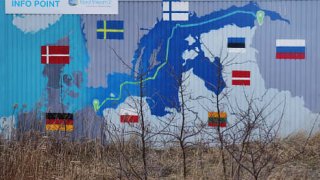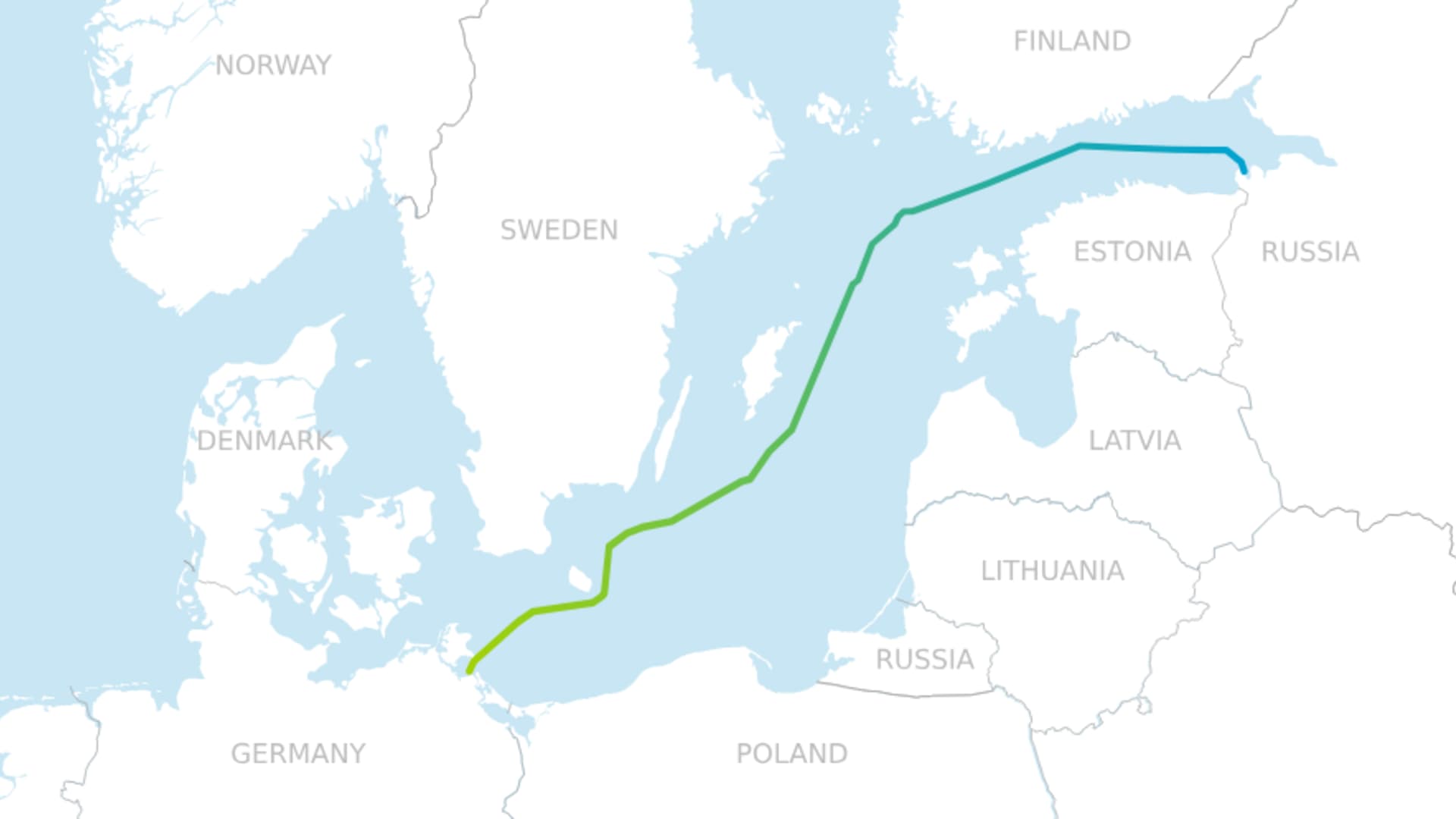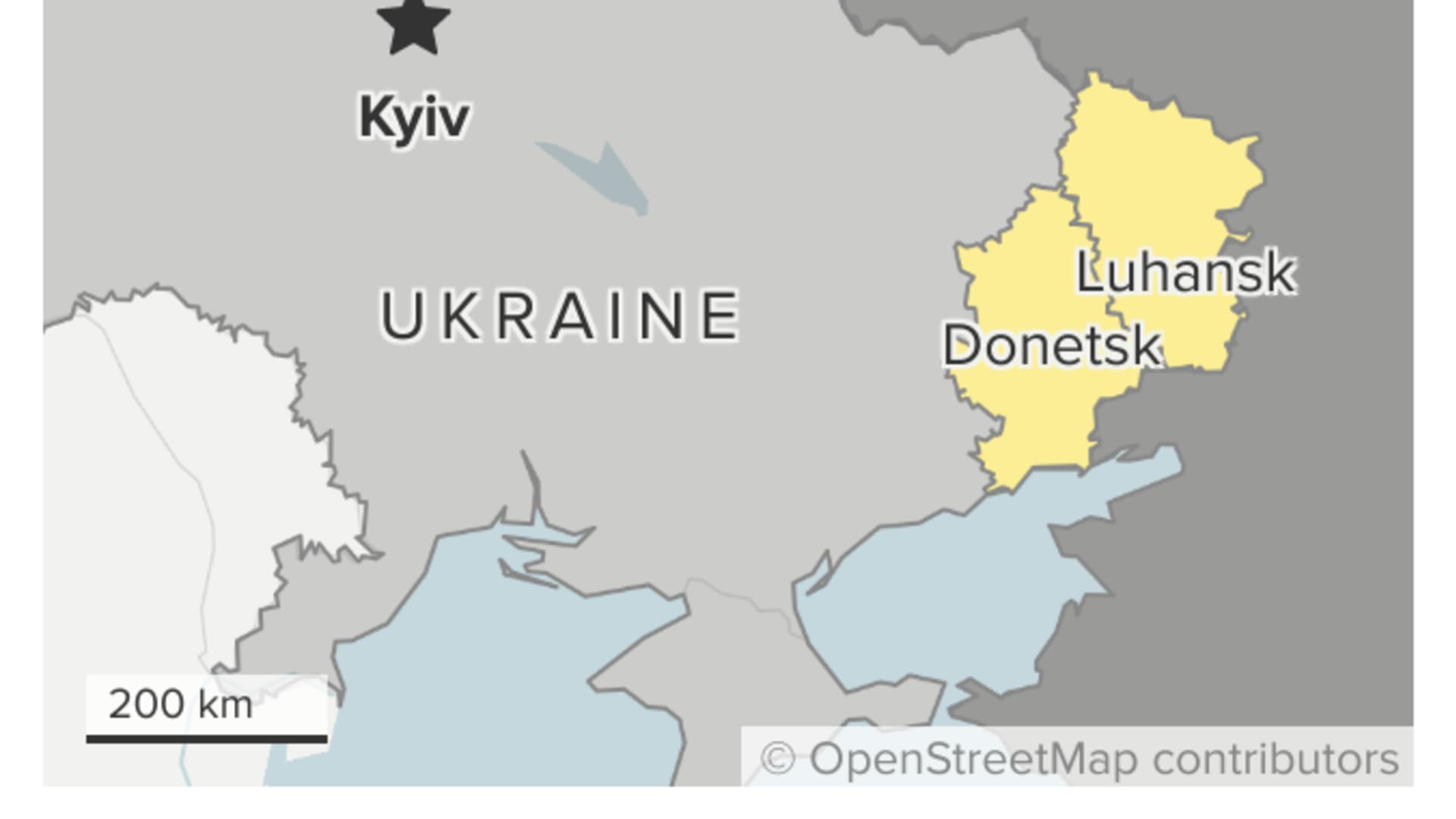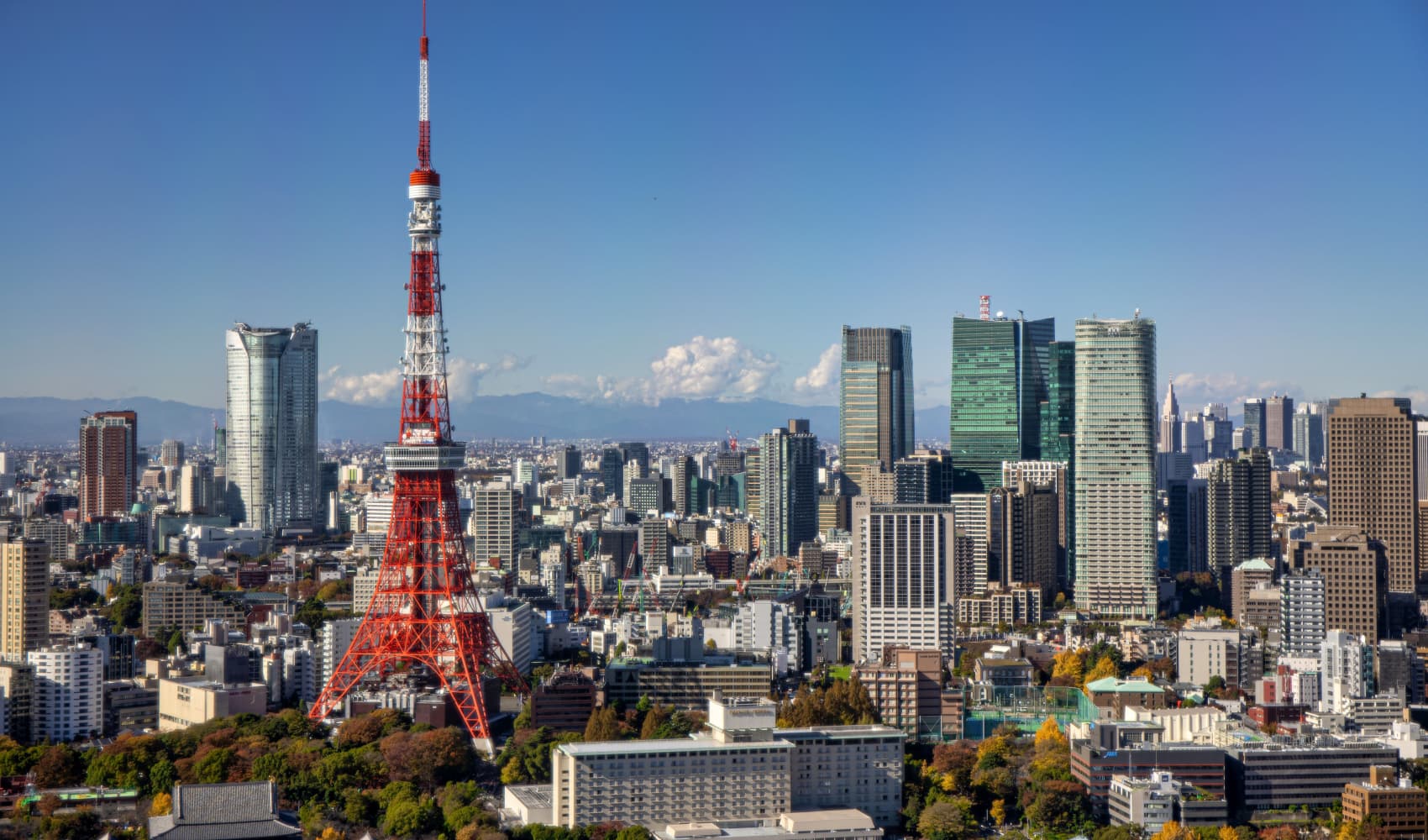
- Many fear that the sending of troops into the so-called Donetsk People's Republic and Luhansk People's Republic is a precursor to a full-scale invasion of Ukraine.
- Germany's chancellor, Olaf Scholz, said his country would not accept the recognition of the two self-proclaimed, pro-Russian separatist regions in the Donbas area of east Ukraine.
Germany on Tuesday halted the certification of the Nord Stream 2 gas pipeline designed to bring natural gas from Russia directly to Europe, after Russian President Vladimir Putin recognized breakaway parts of eastern Ukraine and ordered troops into the region.
Germany's chancellor, Olaf Scholz, said that his country would not accept the recognition of the two self-proclaimed, pro-Russian separatist regions in the Donbas area of eastern Ukraine, and that Germany had to reassess the situation regarding Nord Stream 2.
Get Boston local news, weather forecasts, lifestyle and entertainment stories to your inbox. Sign up for NBC Boston’s newsletters.
"In light of the most recent developments we must reassess the situation in particular regarding Nord Stream 2," Scholz said at a news conference.
Scholz said he'd asked the German Economy Ministry to take steps "to make sure that this pipeline cannot be certified at this point in time, and without this certification Nord Stream 2 cannot operate."
"The appropriate departments of the Economy Ministry will make a new assessment of the security of our supply in light of what has changed in last few days," he added.
Money Report
Germany has been accused of failing to act decisively over the Russian threat to Ukraine but on Tuesday Scholz said Europe faced "difficult hours" ahead and added that "almost 80 years after the end of the Second World War, we might see a new war in Eastern Europe. It is our task to avert such a disaster and I call upon Russia once more to contribute their share."
The $11 billion pipeline is designed to double the amount of gas flowing from Russia to Germany and it was completed late last year. But German regulators had yet to give the green light to the pipeline to officially allow it to operate.
Putin's move
In the course of a dramatic few hours on Monday evening, Putin said Russia would recognize the independence of the two self-proclaimed and pro-Russian republics, and then said he would send Russian troops to the region on a "peacekeeping" mission.
Many fear that the deployment of troops into the so-called Donetsk People's Republic and Luhansk People's Republic is a precursor to a full-scale invasion of Ukraine.

Germany has been put in a difficult position over the Nord Stream 2 gas pipeline, with many officials in the U.S. wanting to see the project scrapped or heavily sanctioned. Some countries in Europe, particularly Poland and Ukraine, are vocal opponents of the pipeline and fear Russia gaining more dominance over Europe's energy sector.
If Nord Stream 2 did go ahead, Ukraine would lose millions of dollars' worth of gas transit fees that it earns from Russia's existing pipelines in its own territory. The U.S. would also like to increase its liquefied natural gas exports to Europe. As it stands, the EU imports around 40% of its gas from Russia.
Germany has insisted that the Nord Stream 2 gas pipeline is a commercial project, but it has inevitably been drawn into geopolitical tensions between Russia and the West that have grown since Moscow amassed more than 100,000 troops along its border with Ukraine.
While the Kremlin has repeatedly insisted it has no plans to invade Ukraine, its latest actions recognizing the breakaway, so-called republics and sending troops and tanks there — deployments which have already begun, according to one U.K. minister — has increased fears that a full-scale invasion could come next.
Ukraine has pivoted toward Europe in recent years, expressing a desire to join the EU and NATO, while Russia has sought to contain and maintain its influence over former Soviet states, like Ukraine and Belarus, leading to a combustive geopolitical situation.







